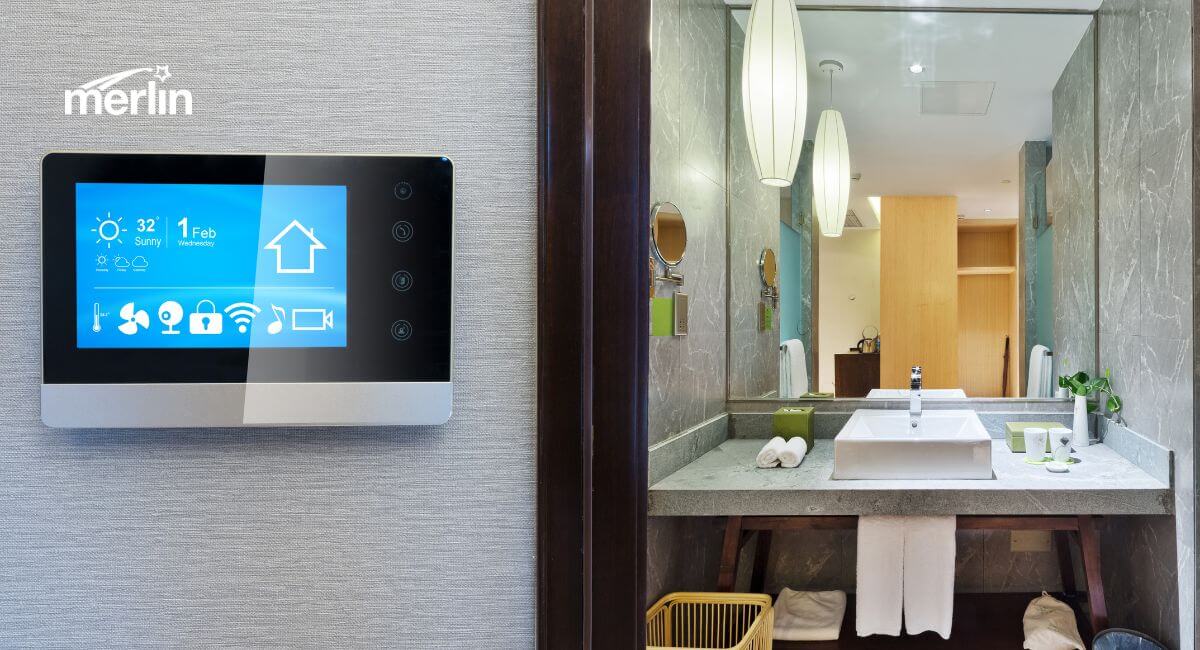
New Technology To Improve Efficiency And Guest Experience
The Merlin team is always looking at new technology and innovative ways to improve their software services to improve and enhance operations. But there are many other ways that resorts and hotels can use technological innovation to improve efficiency and the guest experience in 2023. Here are some examples:
1 Mobile Check-In and Keyless Entry
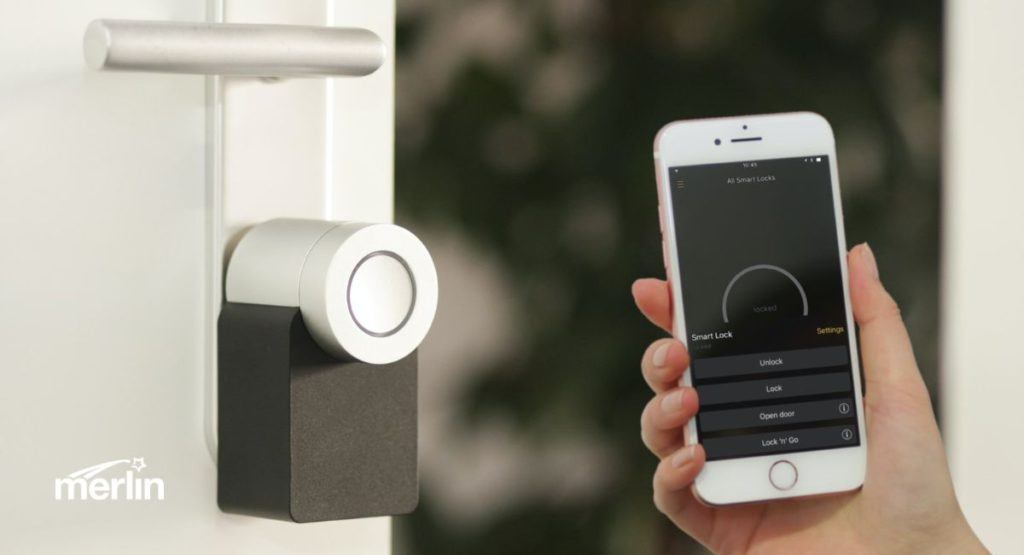
Allow guests to check in and unlock their room doors using their smartphones, reducing wait times and making the process more convenient. There are several benefits for hotel and resort management.
Improved Guest Experience: Provide guests with a faster, more convenient, and more personalised check-in experience, which can improve overall guest satisfaction and loyalty.
Reduced Staffing Costs: Guests can check themselves into their rooms and unlock the doors using their smartphones, reducing the need for staff at the front desk and enabling them to focus on other tasks.
Enhanced Efficiency: By reducing the time and effort required for the check-in process, hotel staff can save time and increase efficiency, allowing them to attend to other guests’ needs and priorities.
Increased Security: Keyless Entry eliminates the need for physical keys, which can be lost or stolen, and provides an extra layer of security for guests’ belongings and personal information.
Data Insights: It can generate valuable data insights for hotel management. For example, the data can reveal guest preferences, behaviour patterns, and trends, which can inform strategic decision-making and improve service delivery.
Streamlined Operations: Streamline hotel operations by reducing the time and resources required for check-in, which can result in faster room turnover and more efficient housekeeping and maintenance schedules.
2 Chatbots and Virtual Assistants
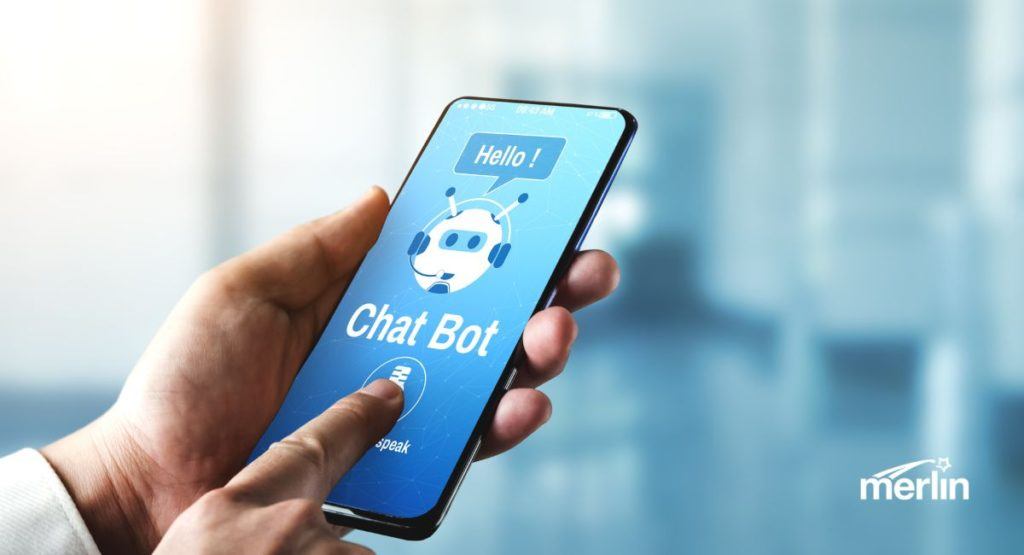
Implement new technology, such as chatbots and virtual assistants at your resort or hotel, to provide guests instant assistance with information and support throughout their stay, such as booking reservations, answering questions, and addressing concerns.
While chatbots and virtual assistants can provide many benefits for hotel managers, there are also some areas of concern to consider. Here are some examples:
Dependence on Technology: Chatbots and virtual assistants rely on technology, which can fail or malfunction, causing frustration for guests and additional workload for staff. You must also employ skilled staff to implement and manage this technology.
Limited Human Interaction: While they can provide quick and convenient support to guests, they lack the emotional intelligence and human connection that can be critical in certain situations. Managers must balance technology and human interaction to ensure guests feel valued and heard.
Language and Cultural Barriers: This technology may struggle to understand and interpret the nuances of different languages and cultural backgrounds. Managers must ensure that their chatbots and virtual assistants are programmed with the language and cultural context to communicate and support guests effectively.
Privacy and Security: Chatbots and virtual assistants often require guests to share personal information, such as their names and booking details. Managers must collect and store this information securely to protect guests’ privacy and prevent data breaches.
Training and Maintenance: This new technology requires ongoing maintenance and updates to ensure that they are operating effectively and efficiently. In addition, staff need proper training to understand how to use and manage these tools.
Brand Image: While chatbots and virtual assistants can be crucial in shaping guests’ perceptions of a hotel’s brand, managers must ensure they reflect their brand image and provide a positive and consistent guest experience.
3 Voice-Activated Technology
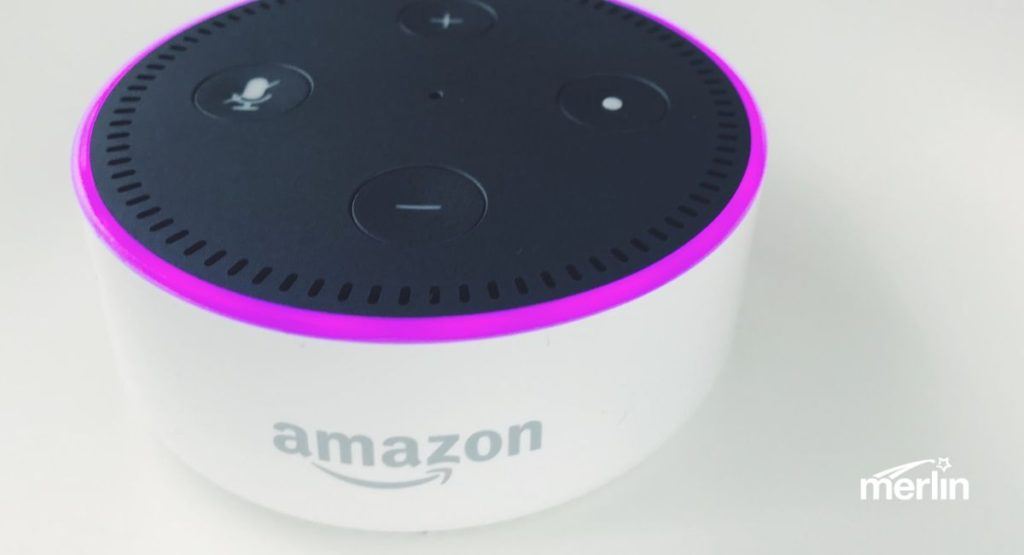
Improve the guest experience by installing voice-activated technology that allows guests to control room features such as lighting, temperature, and entertainment systems using voice commands.
Here are a few examples of what’s available at the moment:
Amazon Alexa for Hospitality: Amazon Alexa for Hospitality is a voice-activated assistant that allows guests to control room features, such as lighting and temperature, and access hotel services, such as room service and housekeeping, using voice commands. This new technology is used in hotels such as Marriott, Westin, and St. Regis.
Google Assistant: Google Assistant is a voice-activated assistant integrated with the Nest Hub smart display. Guests can use voice commands to control room features, such as lighting and temperature, and access hotel services, such as room service and housekeeping. This technology is used in hotels such as Four Seasons and CitizenM.
Siri: Apple’s Siri can be integrated with hotels’ in-room entertainment systems to allow guests to control the TV, play music, and access hotel services using voice commands. This technology is used in hotels such as Wynn Las Vegas and The Cosmopolitan of Las Vegas.
Bixby: Samsung’s Bixby is a voice-activated assistant that allows guests to control room features, such as lighting and temperature, and access hotel services, such as room service and housekeeping, using voice commands. This technology is being used in hotels such as Hilton and InterContinental.
Voice-activated technology is becoming increasingly popular, providing guests with a more convenient and personalised experience. These brands are just a few examples of the technologies used in the hospitality industry, and we can expect to see more innovations in this space.
4 Virtual and Augmented Reality
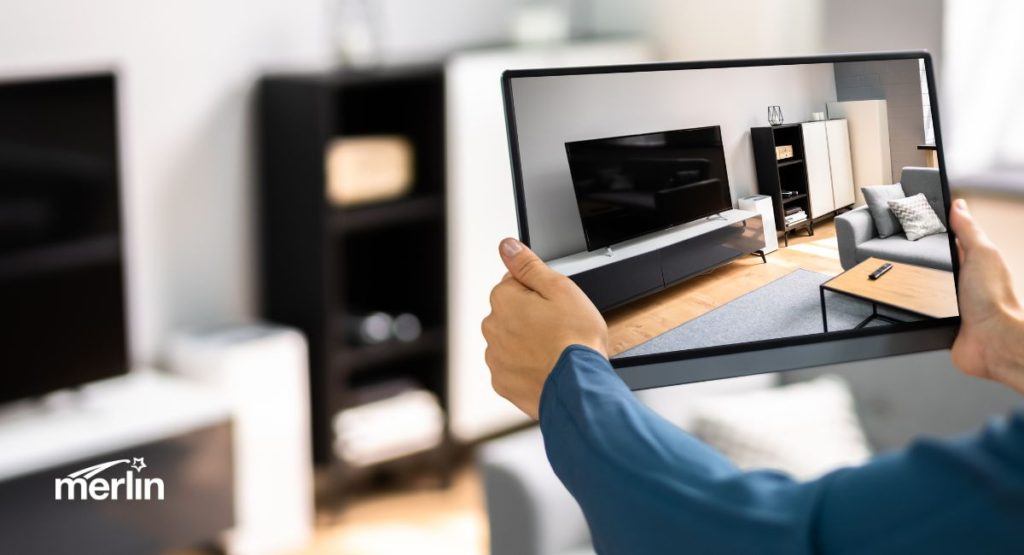
Many hotels and resorts are considering virtual (VR) and augmented (AR) reality to provide guests with a more immersive experience. For example, guests can use VR to explore the resort’s amenities or to preview different room types before booking.
Here are some of the best uses of VR and AR in the hospitality industry:
Virtual Tours: VR technology can create immersive virtual tours of hotel properties, giving guests a 360-degree view of rooms, amenities, and facilities. This can help guests make more informed decisions about where they want to stay and can increase the likelihood of bookings.
Virtual Reality Training: VR technology can train hotel staff, such as front desk agents and housekeeping staff, on procedures and protocols in a safe and controlled environment. This can reduce training costs and improve staff proficiency and confidence.
Augmented Reality Wayfinding: AR technology can create interactive maps and wayfinding tools to help guests navigate hotel properties, find their rooms, and locate amenities and facilities.
Interactive Guest Experience: AR technology can create interactive and immersive guest experiences like virtual art installations or educational exhibits. This can enhance the guest experience and provide additional value to the guest.
Event Planning: VR technology can create immersive event planning experiences, allowing event planners to see the event space and decide about layout and décor before the event. This can save time and reduce costs associated with venue visits and set-up.
Revenue Generation: VR and AR can create new revenue streams for hotels, such as selling virtual tours or experiences or offering AR-based hotel room upgrades or amenities.
5 Robotics
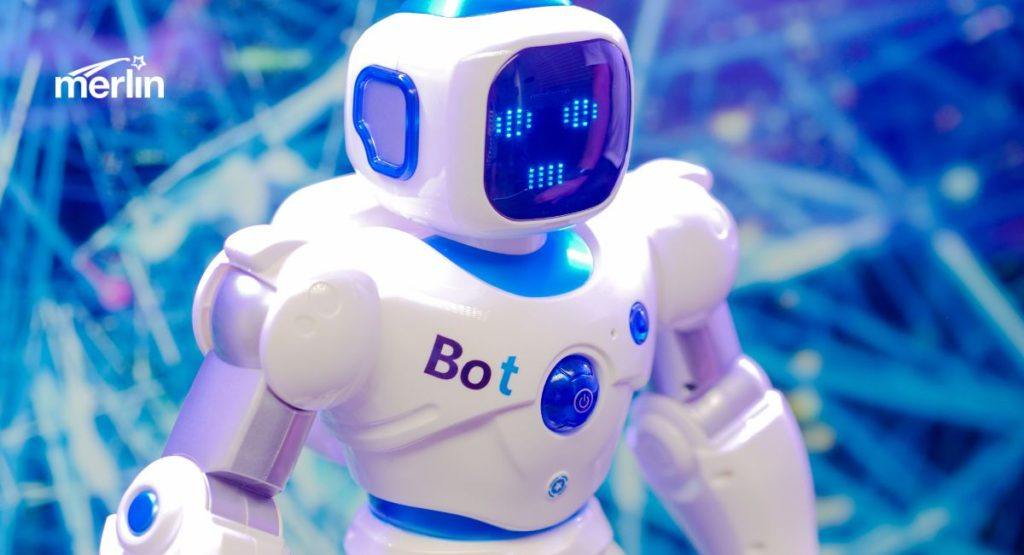
It might seem like something from a science fiction movie. Still, some hotels and resorts use robots to perform room service, cleaning, and maintenance tasks, reducing labour costs and enhancing the guest experience.
However, while it can be a significant undertaking, robots can benefit guests and staff considerably. Here are some steps to consider when implementing robotics in a hotel or resort:
Identify Areas of Need: The first step is identifying areas of the hotel or resort where robotics could benefit most from this new technology. For example, robots could be used for room service delivery, housekeeping tasks, or front desk operations.
Research Available Technologies: Once you have identified areas of need, research the available robotics technologies that could meet those needs. This could include robots that can navigate hallways and elevators, interact with guests, or perform specific tasks such as cleaning or delivering items.
Conduct a Cost-Benefit Analysis: Implementing robotics can be a significant investment, so it is essential to conduct a cost-benefit analysis to determine the potential return on investment. Consider factors such as the cost of the technology, implementation and maintenance costs, and potential revenue or cost savings.
Develop a Plan: Once you have identified the areas of need and the technologies that could meet those needs, develop a detailed implementation plan. This should include timelines, budget considerations, and a plan for staff training.
Test and Pilot: Before implementing robotics throughout the hotel or resort, consider running a pilot program to test the technology and refine the implementation plan. This can help identify any issues or challenges and ensure the technology works as intended.
Monitor and Evaluate: Once the technology is implemented, monitor and evaluate its effectiveness regularly. This will help identify any issues or opportunities for improvement and ensure that the technology delivers the desired results.
6 Artificial Intelligence (AI) and Machine Learning
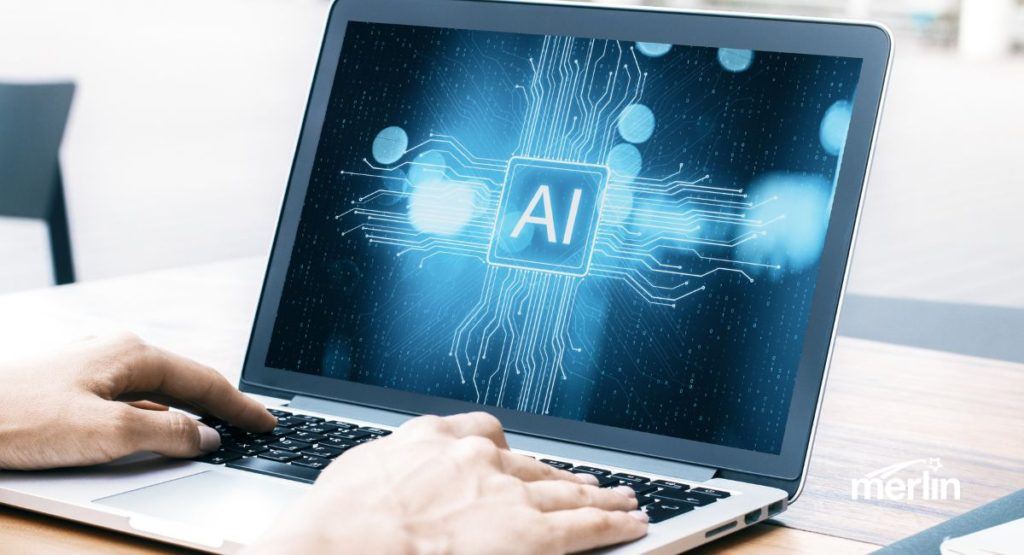
We all understand the importance of data in the guest experience. AI and machine learning can analyse guest data and provide personalised recommendations for activities, dining options, and other services based on their preferences and behaviours.
The data can also optimise operational efficiency and increase revenue. Here are some ways that AI and ML can analyse hotel guest data:
Personalised Recommendations: AI and ML algorithms can analyse guest data, such as past bookings, room preferences, and amenity usage, to provide customised recommendations for future bookings. This can increase guest satisfaction and loyalty.
Predictive Analytics: AI and ML can analyse guest data to predict future behaviours and trends, such as peak booking times, which amenities are in high demand, and which guests are most likely to return. This can help hotels optimise their operations and marketing efforts.
Sentiment Analysis: AI and ML can analyse guest feedback, such as online reviews and survey responses, to understand the guest sentiment and identify areas for improvement. This can help hotels address guest concerns and improve the overall guest experience.
Fraud Detection: AI and ML can analyse guest data, such as booking history and payment information, to identify fraudulent activity. This can help hotels protect their guests and their business from financial loss.
Operational Efficiency: AI and ML can analyse operational data, such as housekeeping schedules and maintenance requests, to identify patterns and optimise processes. This can help hotels save time and resources while improving the guest experience.
7 Internet of Things (IoT)
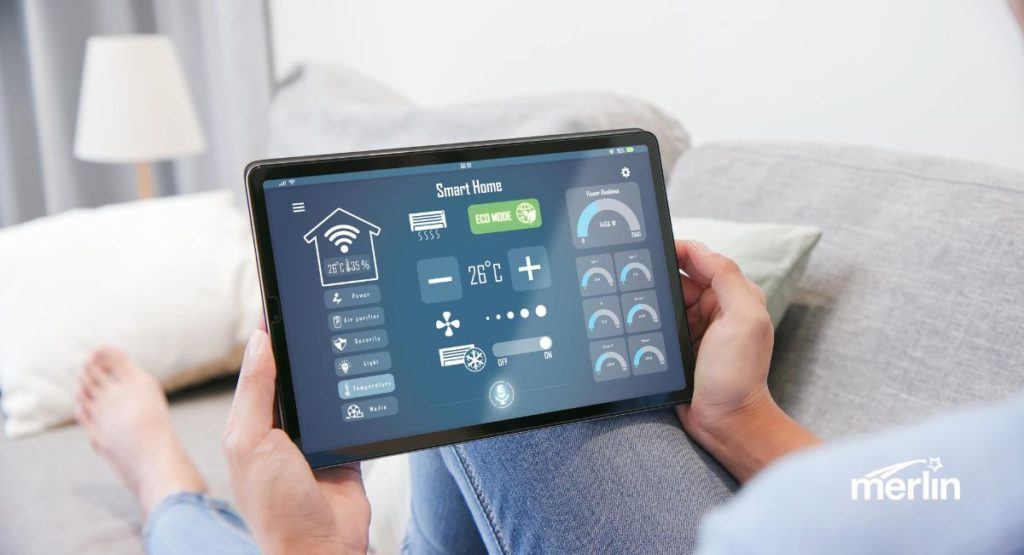
The Internet of Things (IoT) can be used in a hotel or resort in various ways to improve the guest experience, enhance operational efficiency, and reduce costs. Here are some examples of the use of IoT at a hotel or resort:
Smart Room Controls: IoT devices can control various room functions, such as lighting, temperature, and entertainment systems, through a single device or app. This can give guests a more convenient and personalised experience while reducing energy costs.
Asset Tracking: IoT sensors can be placed on hotel assets, such as linen, towels, and cleaning supplies, to track inventory levels and automate restocking processes. This can reduce labour costs and ensure that hotel operations run smoothly.
Guest Location Tracking: IoT sensors can track guest locations and movements within the hotel or resort. This can provide valuable insights into guest behaviour and preferences and help hotels optimise guest experiences and operations.
Energy Management: IoT sensors can monitor and control energy usage in a hotel or resort. This can reduce energy costs, improve sustainability, and enhance the guest experience by maintaining optimal room conditions.
Security and Safety: IoT devices, such as smart locks and security cameras, can enhance hotel security and safety. This can include monitoring access to guest rooms and common areas, detecting safety hazards, and alerting staff to potential security issues.
Using IoT devices and solutions, resorts and hotels can stay ahead of the curve and provide guests with the latest technology-driven amenities and services.
8 Contactless Payments
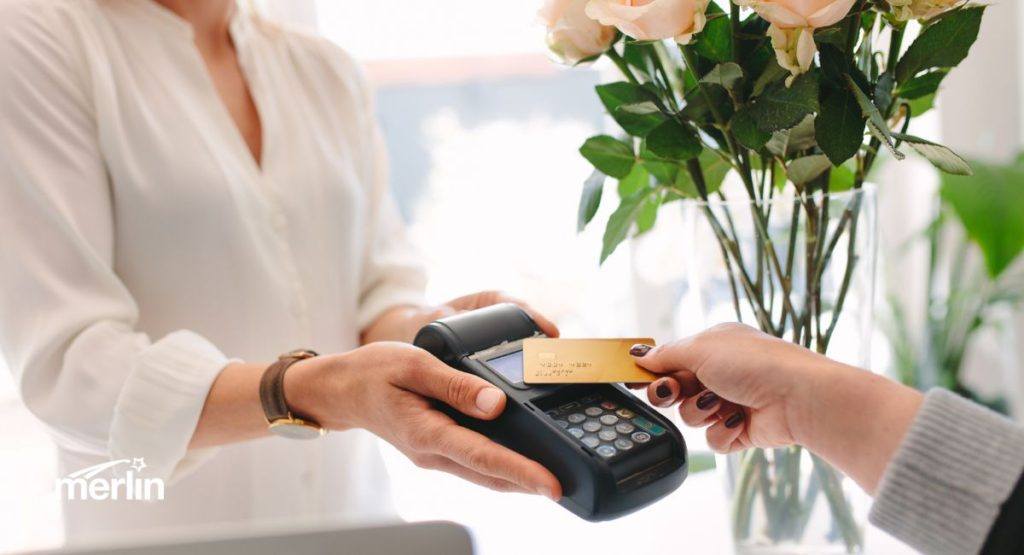
Implement contactless payment systems that allow guests to pay for services and amenities using their smartphones or other mobile devices, reducing physical contact and improving security.
When setting up contactless payments for hotel guests, there are several essential factors that hotels and resorts should consider to ensure a smooth and secure payment experience.
Payment Methods: Ensure that they offer a variety of payment methods to their guests, including credit and debit cards, mobile payments, and contactless payment methods such as Apple Pay and Google Pay. This can help ensure that guests can quickly pay for their stay using their preferred payment method.
Payment Security: Prioritise payment security when setting up contactless payments. This can include implementing secure payment gateways, encrypting sensitive data, and adhering to Payment Card Industry (PCI) compliance standards.
Payment Process: The payment process should be straightforward for guests to understand. Hotels should provide clear instructions for making payments and ensure guests can complete payments with minimal effort.
User Experience: The payment user experience should be simple, intuitive, and convenient. Hotels should consider implementing mobile payment solutions and contactless payment methods to make the payment process more seamless and efficient for guests.
Integration with Property Management Systems (PMS): Hotels and resorts should ensure that their payment systems are integrated with their PMS to streamline payment processing and avoid errors or delays in guest billing.
New technology and innovations in resorts and hotels can improve efficiency, reduce costs, and enhance the guest experience by providing more convenience, personalisation, and automation. We’d love to hear about your experiences, so please share in the comments.
If you’d like to implement this new technology and want to know how Merlin Software can support you, contact Mark Thomas at markt@quickmerlin.com or complete the contact form.



